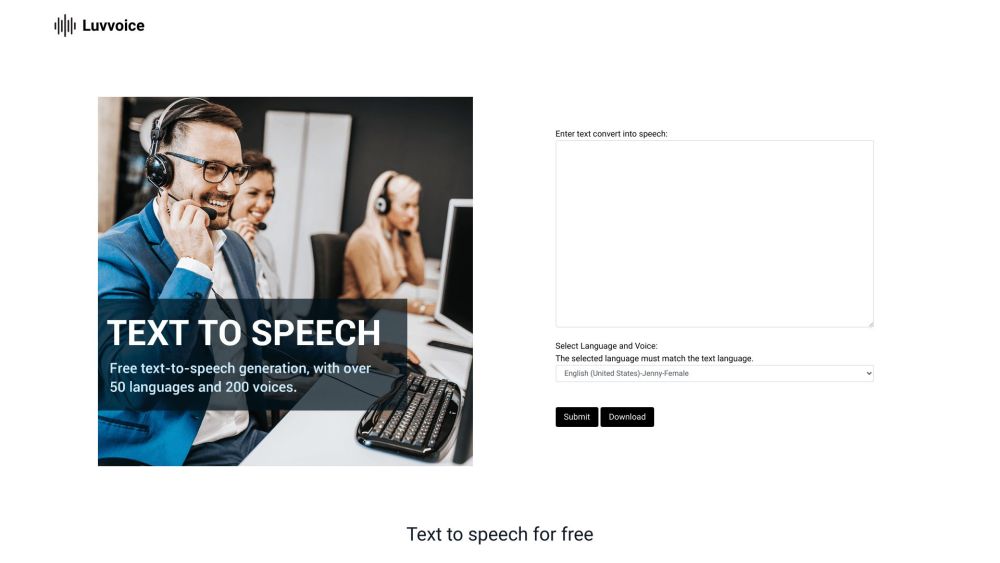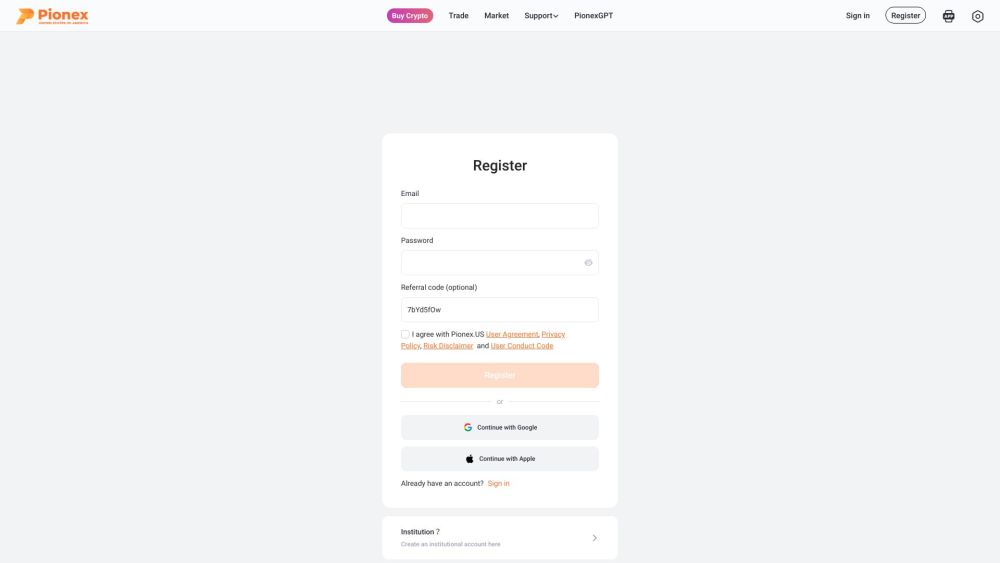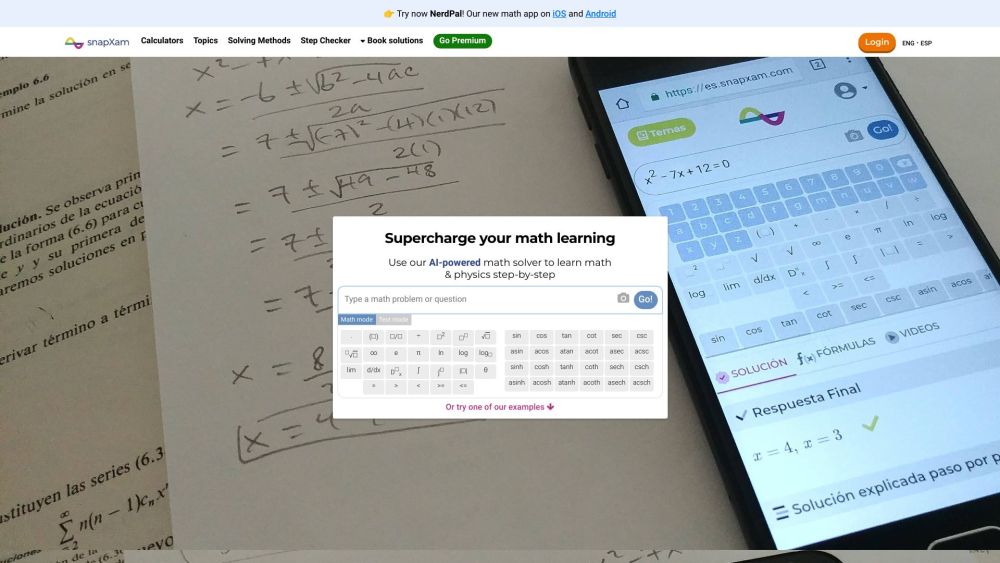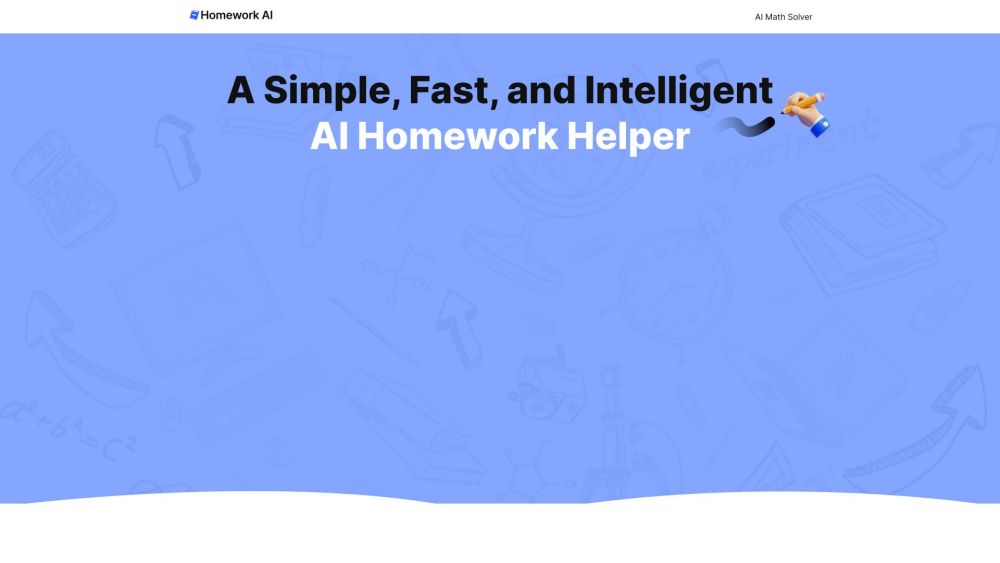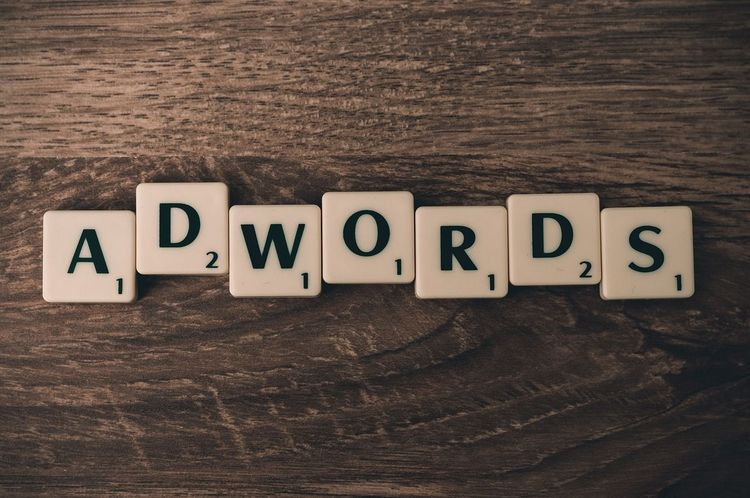ChatGPT's Remarkable Role in Diagnosing a Mysterious Illness: A True Story
After suffering from a mysterious illness for three years, a 4-year-old boy named Alex finally received a diagnosis through an unexpected source—ChatGPT. His ordeal began after a day of strenuous activity, which left him with severe pain. His mother, Courtney, sought help from 17 different medical professionals, including pediatricians and specialists. Despite numerous MRI scans and extensive tests, none could identify the underlying cause.
Desperate for answers, Courtney turned to ChatGPT. To her astonishment, the AI analyzed Alex's symptoms and medical history, suggesting a potential diagnosis. This breakthrough quickly gained traction on platforms like Zhihu and Reddit, sparking conversations about AI's transformative role in healthcare. Many users expressed enthusiasm about integrating AI assistants into medical practices for better diagnostic comparisons.
So, what happened? Alex's journey began in 2020 when his babysitter alerted Courtney that he needed daily pain medication. Initially, the family suspected dental issues due to his teeth grinding. A dentist's evaluation found no problems but recommended an orthodontic checkup. They then discovered that Alex had a small upper jaw, which restricted his breathing. A palate expander was fitted, offering Courtney brief hope for improvement.
However, complications arose as Alex's growth stalled at just four years old. A pediatrician mentioned that his symptoms could be linked to COVID-19, but Courtney remained skeptical. As time passed, Alex developed migraines and debilitating fatigue. Numerous visits to various specialists, including ENT doctors, yielded no answers.
Eventually, Alex began physical therapy, where his therapist suspected Chiari malformation, a congenital condition affecting the connection between the brain and spinal cord. Despite consulting 17 different physicians, Alex continued to face uncertainty until Courtney sought help from ChatGPT.
She registered for an account, inputting Alex's symptoms and MRI details, including his inability to sit cross-legged. ChatGPT suggested tethered cord syndrome (TCS). Initially doubtful, Courtney joined a Facebook group for parents of children with similar ailments and found parallels to Alex's experiences, rekindling her hope.
Empowered by this new information, Courtney consulted a neurosurgeon. Upon reviewing the MRI, the neurosurgeon confirmed the TCS diagnosis, leading to successful surgery for Alex, who is now in rehabilitation.
Why did it take so long for Alex to receive an accurate diagnosis? A significant factor was the unique nature of his condition. While TCS typically presents with noticeable defects, Alex displayed none, classifying his case as occult tethered cord syndrome (OTCS). TCS is rare, occurring in 0.005% to 0.025% of newborns, while OTCS is even less common, with no established incidence statistics.
This case highlights the limitations of solely relying on specialists. Though knowledgeable, none of Alex's doctors were surgeons capable of identifying TCS, and there was a missed opportunity for multidisciplinary consultations that could have provided a more comprehensive evaluation of his complex symptoms.
Reflecting on ChatGPT's successful diagnosis, one might ponder whether this was merely a fortunate coincidence or an indication of AI's growing diagnostic capabilities. Others have reported similar successes with AI models like GPT-4 for medical inquiries. For instance, a pet owner used GPT-4 to identify a health issue in their dog based on symptoms, leading to a correct diagnosis of immune-mediated hemolytic anemia.
However, experts advise caution against over-reliance on AI for medical diagnostics. A study by Brigham and Women's Hospital found that ChatGPT achieved only 62% accuracy in cancer treatment recommendations, emphasizing that while AI can be a valuable tool, clinical expertise is crucial for medical decision-making.
In summary, while AI tools show promise as supplements to medical diagnosis—potentially surpassing traditional search engines—professional evaluation remains vital for accurate diagnosis and treatment. If you've considered using AI for health inquiries, how effective was your experience?
